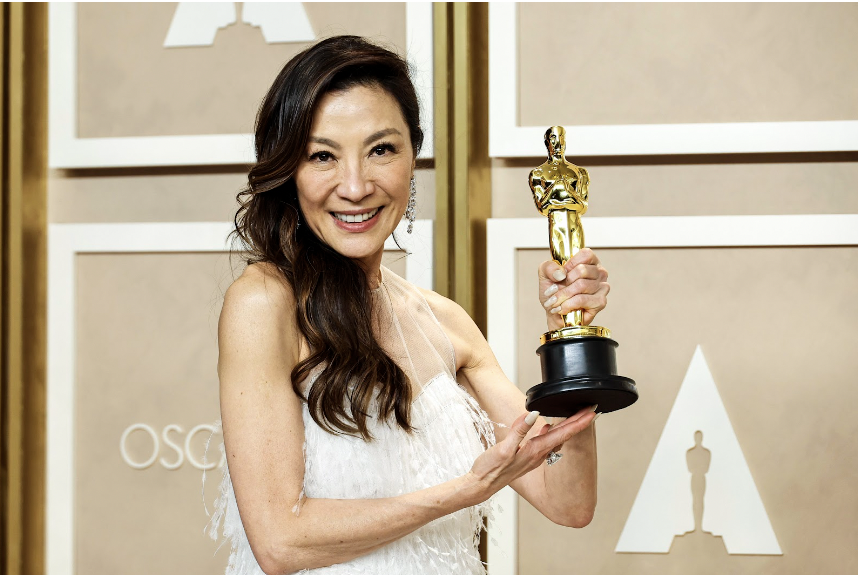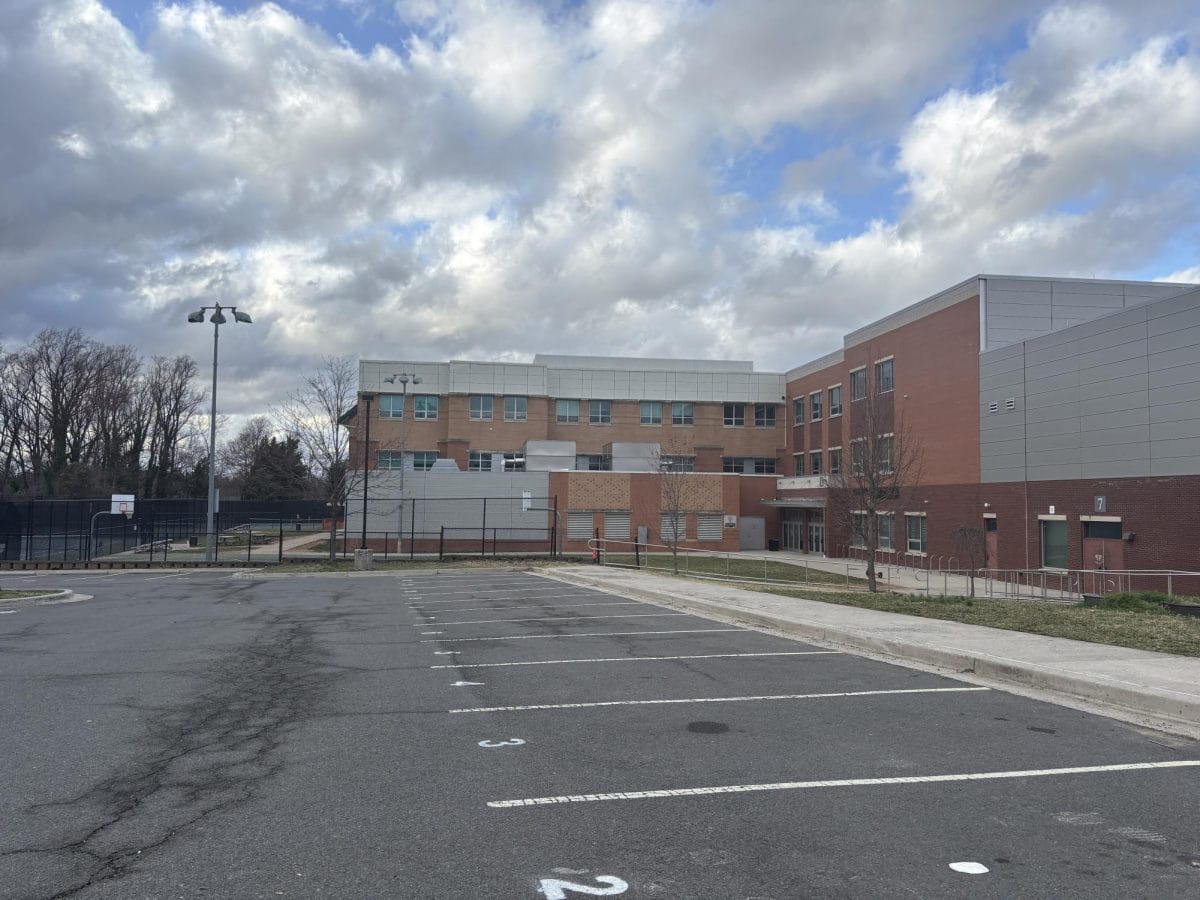The 95th Oscar ceremony or Academy Awards recently aired on March 12th. The event brought to light a long-standing issue: Asian mistreatment in the film industry. With this year’s unprecedented winning streak for the groundbreaking movie Everything Everywhere All at Once, which won seven Oscars in total, the relevance of Asian underrepresentation in the film industry has surfaced and the industry’s core flaws are revealed.
Correcting all the wrongs in film history would be an impossible project. Not having a diverse cast has recently become scrutinized, so films cannot simply fly under the radar, maintaining homogeneity as the norm. As America becomes increasingly inclusive, so should the film industry.
In a total of 1,808 acting awards spanning the Oscars’ 95 years, only six have been awarded to Asian actors; two of them—Ke Huy Quan and Michelle Yeoh—won this year for their roles in Everything Everywhere All at Once. The first actor of Asian descent to win an Oscar was in 1958. Miyoshi Umeki won Best Supporting Actress for her performance in Sayonara as an overly deferential “China Doll” wife. Thirty years later, Ben Kingsley, who is of Indian and English descent, won Best Actor in 1982 for the role of Gandhi in the biographical film Gandhi. Since then, only four Asian actors have received an award, including Quan and Yeoh from the 2023 ceremony. This short list does not reflect the impact Asian actors have made on the American film industry.
The mistreatment of Asian actors in the film industry lies not only in their underrepresentation but also in the oversexualization and stereotyping that East Asian actresses face. Oscar winner Umeki is one of many East Asian actresses who fell victim to the industry’s fetishism. In the 1958 movie, Sayonara, Umeki plays a Japanese dancer who falls in love with an American soldier. Her character throughout the movie is shown as innocent and pure. This persona is known as the “China Doll” or “Lotus Blossom” trope and it pushes East Asian actresses to play and act a certain way in their movies, spreading harmful stereotypes of East Asian women. Seen again in a modern example, the 2005 movie, Memoirs of a Geisha, doubles down on the subservient stereotype that East Asian women are forced into.
“[The movie] depends on the romanticism of female subjection,…as they lived trapped in sexual slavery,” Critic Robert Ebert said.
In the past decade, the film industry has developed to show true Asian culture and begun to abandon these harmful East Asian tropes and add more diverse casts who portray Asian culture in a positive and accurate light. Namely, with the movie Everything Everywhere All at Once, which includes a majority Asian cast and touches on the true Asian American experience. However, even though effort is apparent, it’s not perfect. The film industry—specifically Hollywood—has still continually attempted to lessen Asian representation in film.
In the 2017 movie Ghost in the Shell, Actress Scarlett Johansson plays the Japanese character Motoko Kusanagi. This specific casting resulted in serious controversy over whitewashing in film, hiring White people to play Asian characters. Only a year prior, Marvel hired the White British actress Tilda Swinton to play a Tibetan character in the movie Dr. Strange. There is a long history in Hollywood of White actors playing Asian roles, and hopes of the industry changing this seem slim in the near future.
From Ben Kingsley and his beautiful portrayal of Gandhi to the mindblowing performance from Michelle Yeoh in Everything Everywhere All at Once, Asian talent in American film is a continuity just as the industry’s mistreatment of Asian actors is. The underrepresentation and misrepresentation of Asian ethnic groups in American film is outdated, embarrassing and requires correction.







































